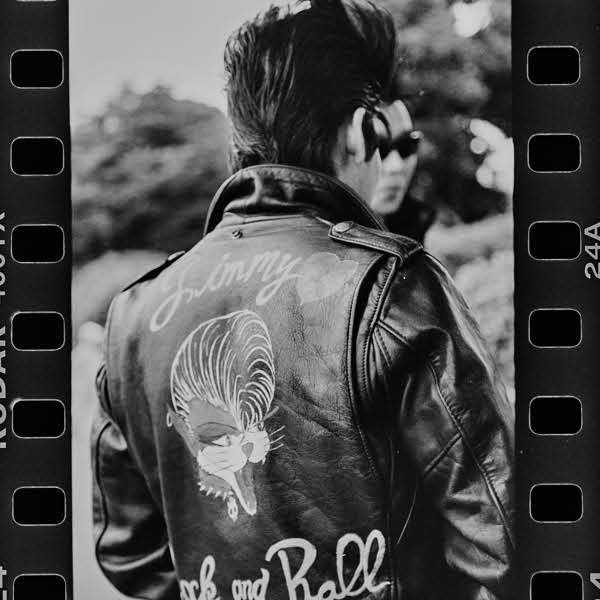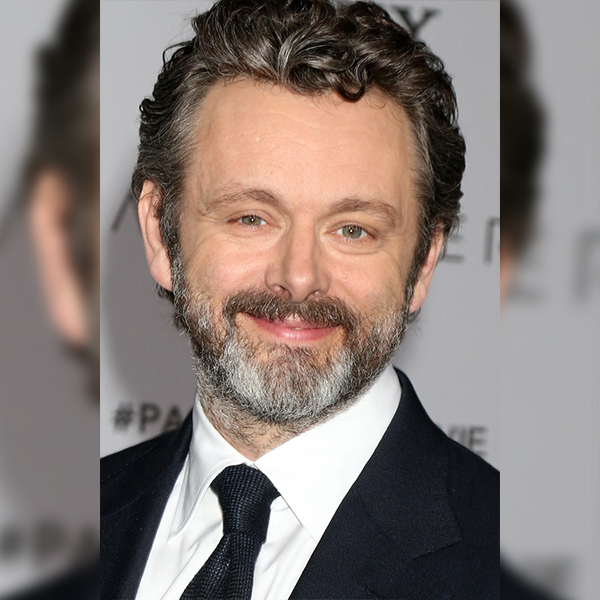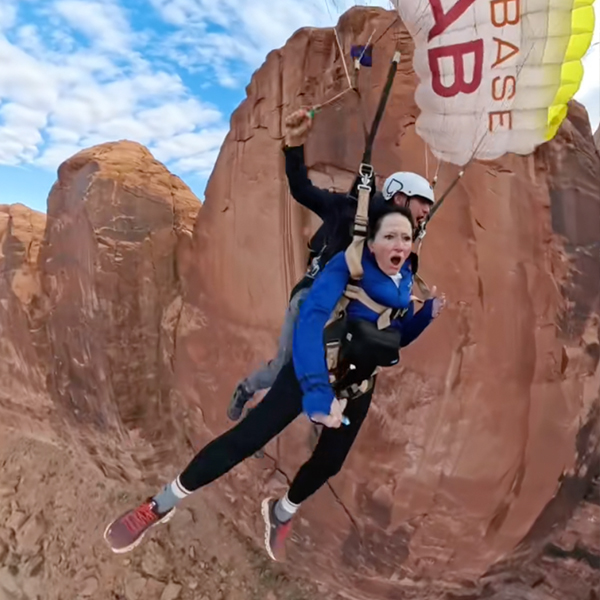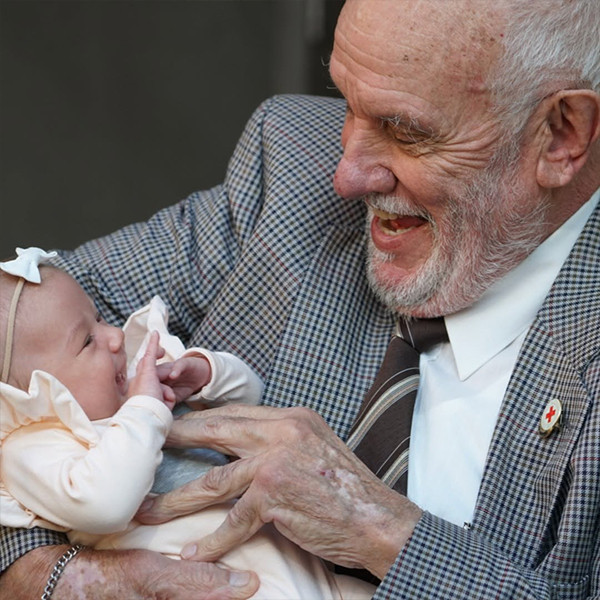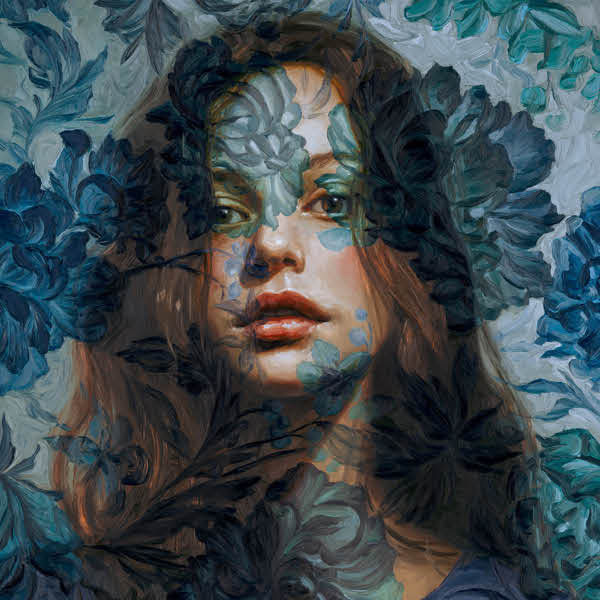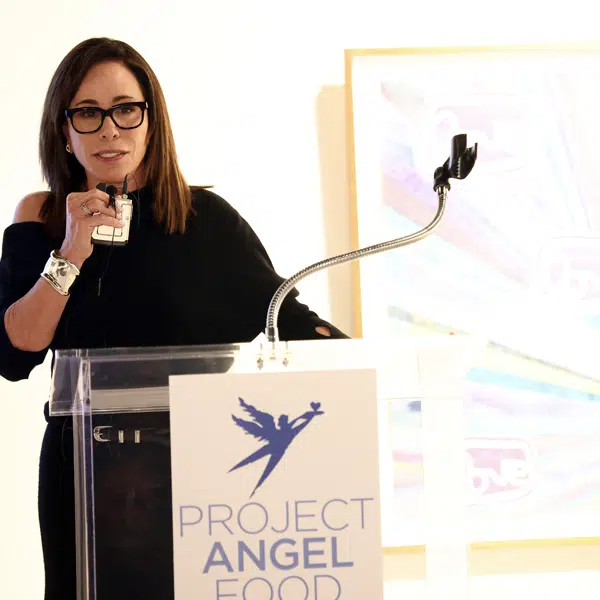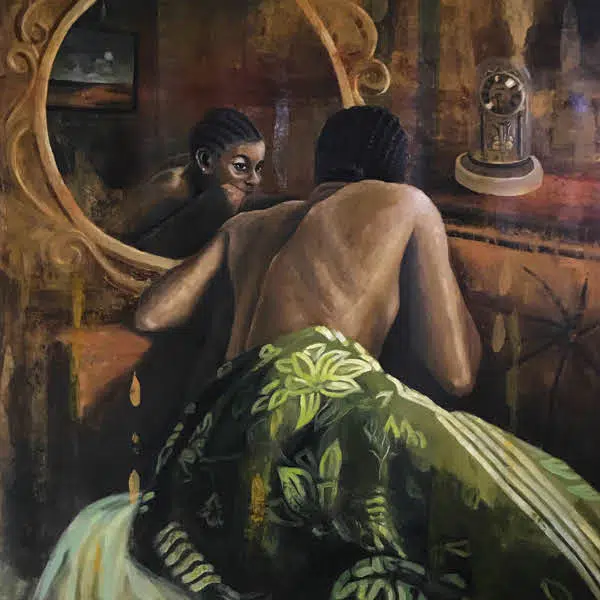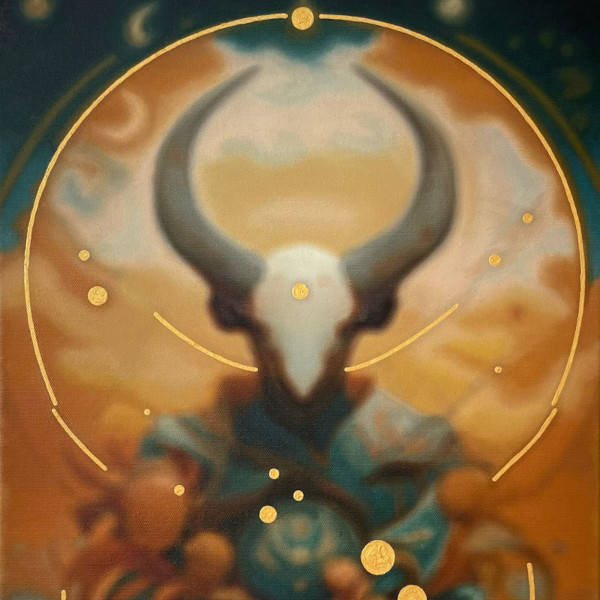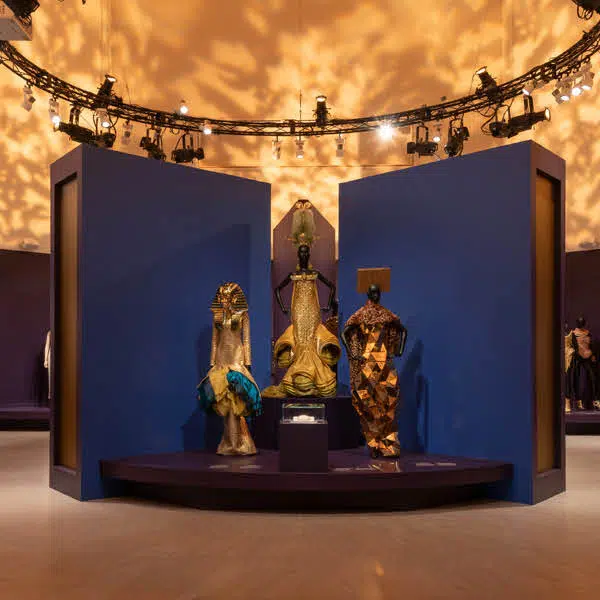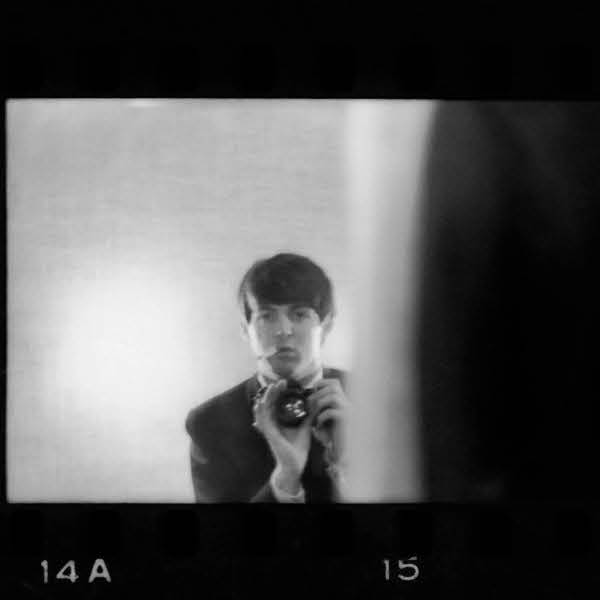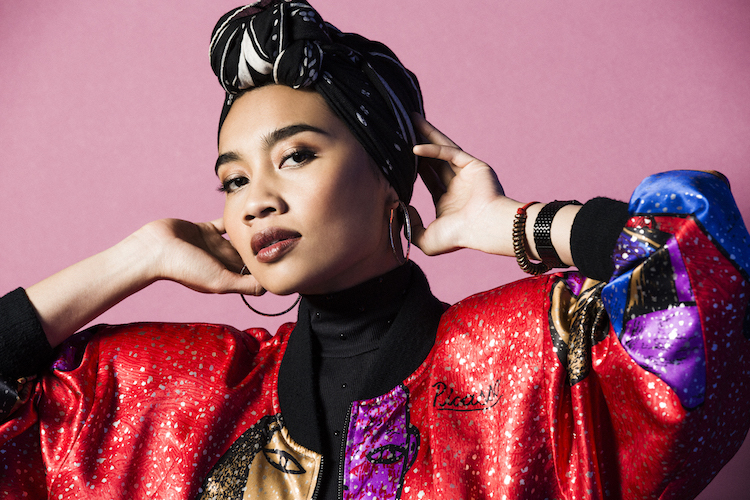
Photo: Ramona Rosales
Tired of the marginalization of female photographers in the commercial world, Jill Greenberg decided to take matters into her own hands. The successful photographer, whose work went viral due to her set of crying toddler photos, has started the directory Alreadymade. The site serves to take away any excuses for clients who feel as though they can't find talented female photographers for high-end commercial photo shoots by giving these talented women a platform.
Although women are responsible for 85% of consumer purchases, female photographers are passed over for the majority of entertainment shoots and advertising campaigns. This means that male photographers are shaping the way we see and perceive the world the majority of the time (up to 90%).
Greenberg, who has often commented on the glass ceiling women face in her work, decided to take concrete action with the creation of Alreadymade in 2018. Along with an advisory board, which includes high powered art directors, photo editors, and advertising professionals, talented female photographers who have at least one major shoot to their name are selected for inclusion.
As Greenberg notes, the exclusion of female talent isn't an issue of quantity—the overwhelming number of art and photography students are women. But somewhere between graduation and hiring, a roadblock is coming up. Why does this matter? “Because those who are paid to create the images that shape our culture have real power,” Greenberg writes. “Here’s a dirty little secret about what photographers do: We make image propaganda!”
By exposing this open secret, Greenberg puts a spotlight on yet another industry's gender bias and takes concrete steps to eliminate excuses for forward progress. We had the chance to speak with Greenberg about her own experiences as a woman working in the industry and how she hopes Alreadymade can do its part to enact change.
Jill Greenberg started Alreadymade—an online directory of female photographers—so no client can ever use the excuse that they can't find talented female photographers again.
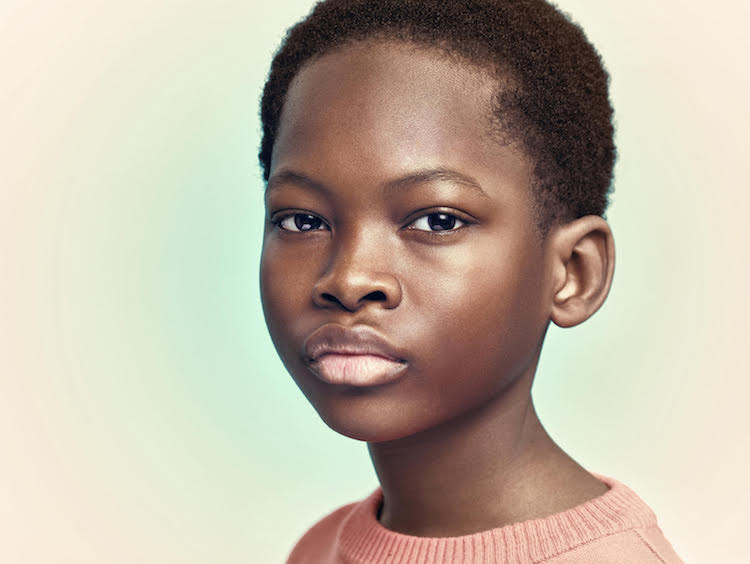
Photo: Jill Greenberg
What inspired you to start Alreadymade?
At long last, there is much serious discussion about gender parity in the workplace. By creating Alreadymade, I wanted to bring this discussion to the very significant industry of images.
Images have all but replaced our modern language; images, memes create a visual propaganda which asserts itself across the culture with a particular hegemony. And the still image has maintained its power despite advances in video. People have been fired over images. No one can argue that the question of who is taking the photograph is central to who is having input on the outcome of these images.
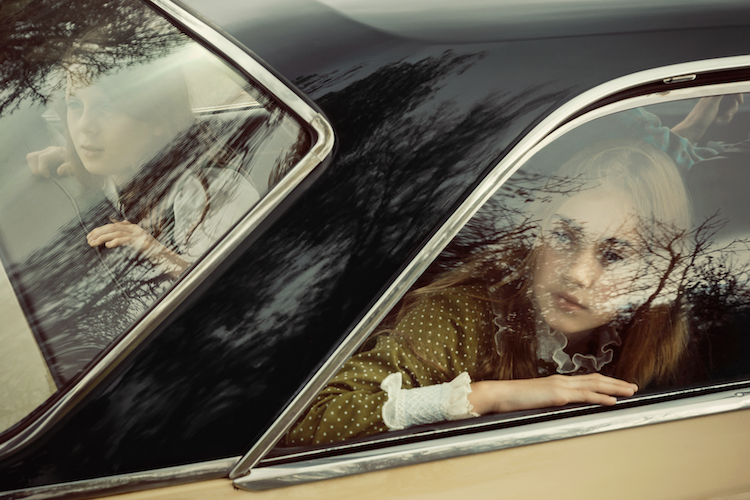
Photo: Holly Andres
What experiences did you face in your own career as a commercial photographer that led you to believe a directory like this was necessary?
As a young woman, when I started, I had no idea for many years that this continued to be an issue. I think that this continues to be the case. And even people working in the business have turned a blind eye to it. Evidenced by how long it took to finally boot Terry Richardson et al from the industry despite his reprehensible behavior toward the professional women who he was paying to work for him.
By the way, in that scenario those women had 6 levels of power dynamic to contend with, which is why they often did what he asked:
He was the boss and they were the employee, “do what he says”
He was a man and they were women, women are socialized to say yes, be agreeable
He was older and they were younger, “respect your elders”
He was famous and they were new to the scene.
They were models and he was a photographer, “turn to the left, take off your shirt”
Their model agency told them to do what he said. This is the worst part, the women at the agencies who did not protect the young girls.
So when someone said to me, “They knew what they were getting into and they have no defense for going along with those work-sex crimes,” I say that could not be further from the truth.
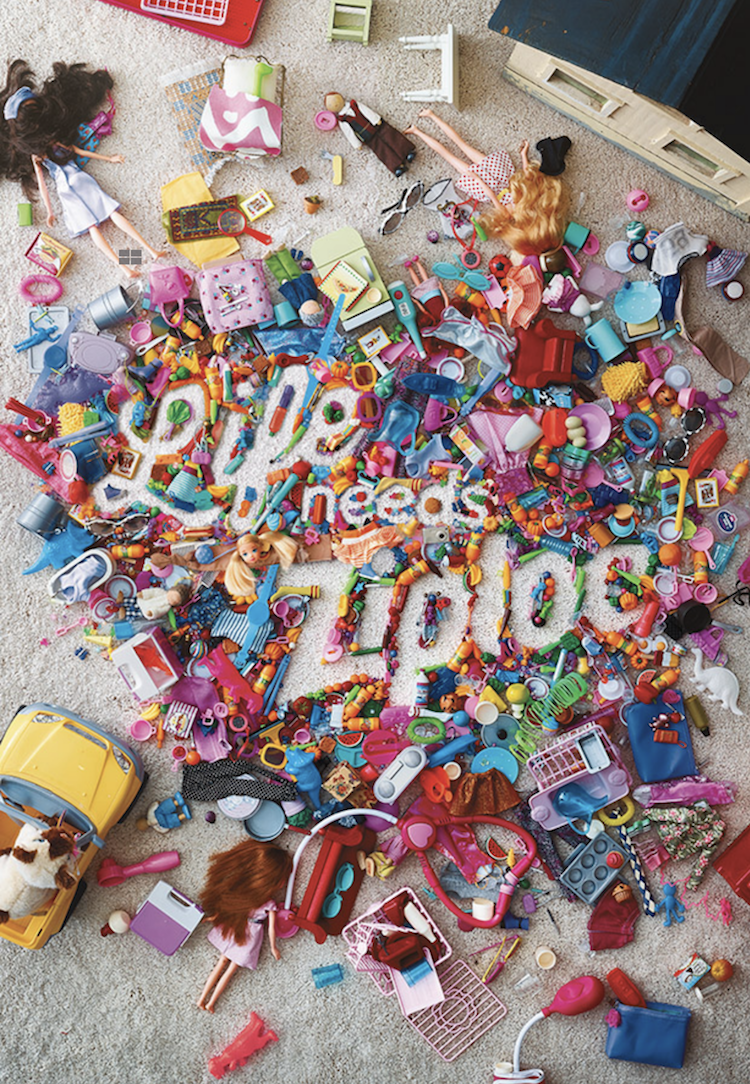
Photo: Laurie Frankel
(continued) The act of photographing is rife with power dynamics, who can take the picture, who can tell the story and frame the subject, edit out of thousands of images so that the emotions felt on viewing are exactly as they wish, from their POV is an extremely powerful thing.
I was speaking at Semi-Permanent in Sydney about 8 years ago and was asked in a follow-up question what it was like to be a woman photographer. My reply was “How would I know any different? This has always been my reality and I have nothing to compare it to.”
I started to notice that many clients hire zero women.
Many of the streaming networks—not Hulu—and the TV networks and movie studios, hire no women or perhaps one or two a year for their advertising when they do hundreds of huge shoots. Many magazines hire zero women to shoot their covers—can you believe Oprah hires all different men to shoot her for the cover of her magazine but no women? One of the men had just shot a soft-core feature for Love magazine where they all said the images were empowering women. It was beyond absurd.
This did not seem right, especially considering that women make 85% of the purchasing decisions in the marketplace. We are giving up our power when “we” continue to support primarily men.
The casual statement from clients that there are no women photographers for these jobs is just untenable.

Photo: Julia Fullerton Batten
How do you feel that women who are in a decision making position contribute to the bias female creatives face?
Let's first clarify that bias is natural. The human brain cannot operate without bias. We intake so much information and only a tiny amount of it is actually processed, bias is part of the human operating system. The issues which stem from biases can be culturally retrograde or just plain dangerous.
I do have to say that I find it disappointing that there are some women clients which never hire women. For many reasons they hire men who they suspect are more capable due to bias, or due to the fact that if women are not getting hired as often, they are out of practice, or plain and simple, they hire hot guys they want to spend the day with. Sure, as a hetero woman it is fun to hang out with hot guys but that is not a good reason to screw over fellow women.
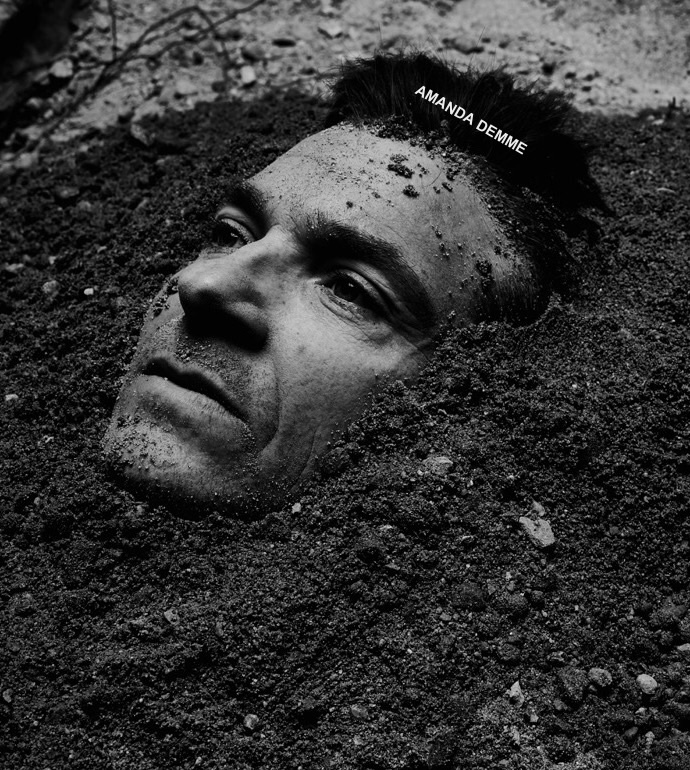
Photo: Amanda Demme
There are many initiatives that draw attention to gender disparity in STEM-related professions. Why do you think the creative fields are often overlooked in this respect?
First, I think these initiatives are just beginning. Second, these initiatives are almost all started by women themselves who are already juggling far too many balls. Having the “persecuted” lead the change is the way things often are. For example, women are the ones pushing for equal rights in the Constitution, not men—it is just the way it is. No one wants to give up their privilege.
How do you think the proliferation of male photographers in the commercial world contributes to the public's overall view of women?
It can easily perpetuate the status quo. We all need to push for new stereotypes, new shorthand to tell stories.
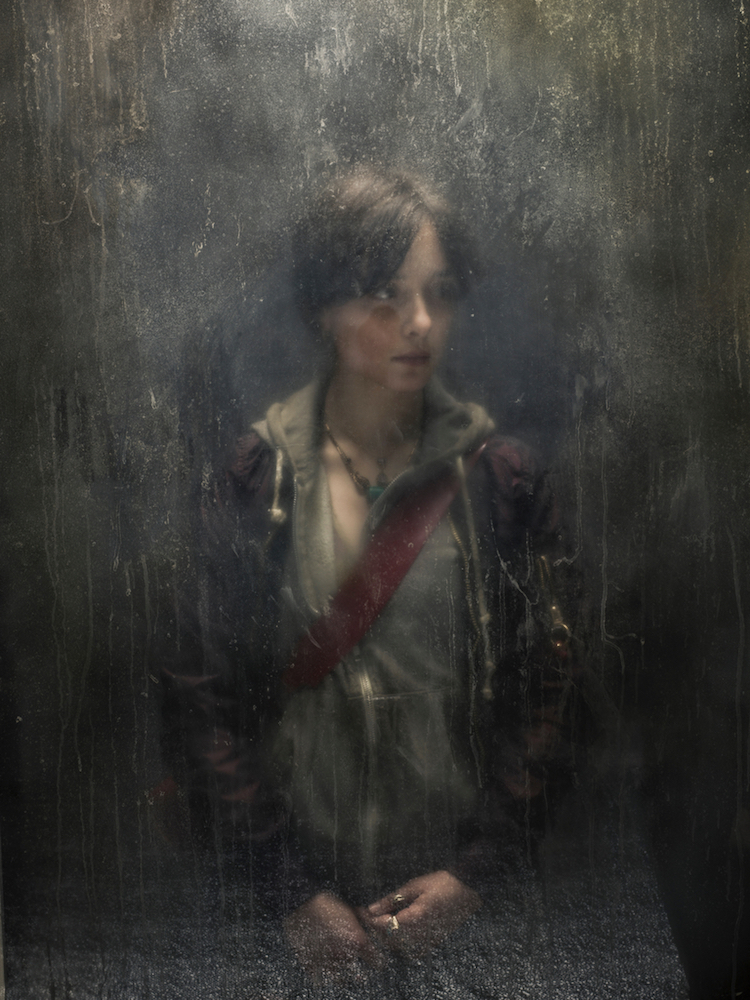
Photo: Victoria Will
How do you hope Alreadymade can contribute to shattering the glass ceiling?
The mere existence of the site and the regular reminders about our point of view should hopefully shake things up a bit. I have heard from agents that women are being requested more and more specifically. Clients are realizing how out of place a straight male gaze is, on the set when the subject matter is, say, rape, sexual assault, or women leaders who have broken through years of sexism in their field.
To shoot a woman can be almost violent—paraphrasing Sontag—so while that metaphor may have been abandoned by Sontag, softened, the idea of the male gaze, a male view of a woman's story who has been demonized, who has survived such attacks makes zero sense. A sympathetic eye of a fellow comrade who understands what it is like to go through life in the body of a woman is crucial.
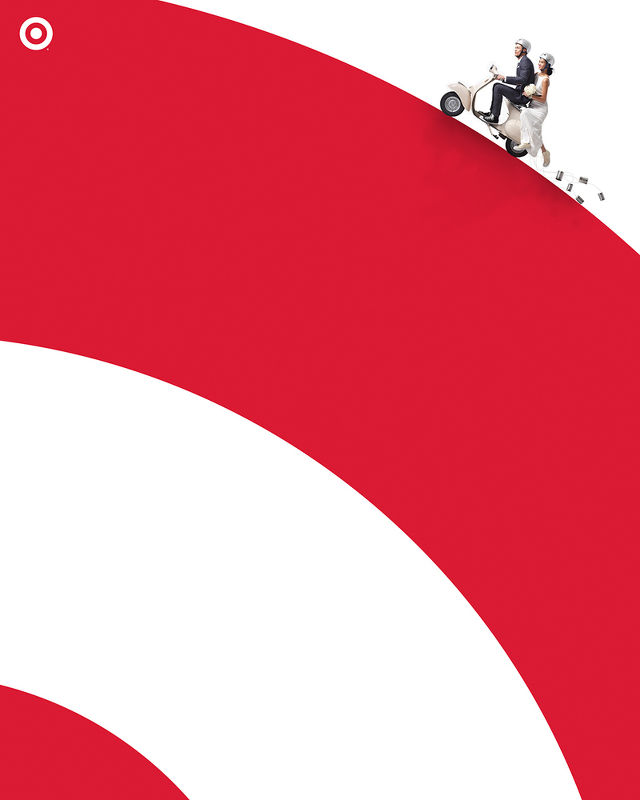
Photo: Mei Tao
What's your message to young women looking to break into commercial photography?
Think twice! You must devote yourself to it with your whole life and give up everything. you will never control your schedule. This is fine when you are young; but, when you are older, it is rough.
Watch Jill Greenberg's TEDx talk on what it means to be a woman working in the photography industry.
Alreadymade: Website | Facebook | Instagram
My Modern Met granted permission to use photos by Alreadymade.
Related Articles:
Inspiring Female Engineers Are Challenging Stereotypes through Social Media Movement
This Woman Has Been Anonymously Funding Female Artists for 22 Years
Illustrator Reimagines Disney Princesses as Empowered Career Women











































































